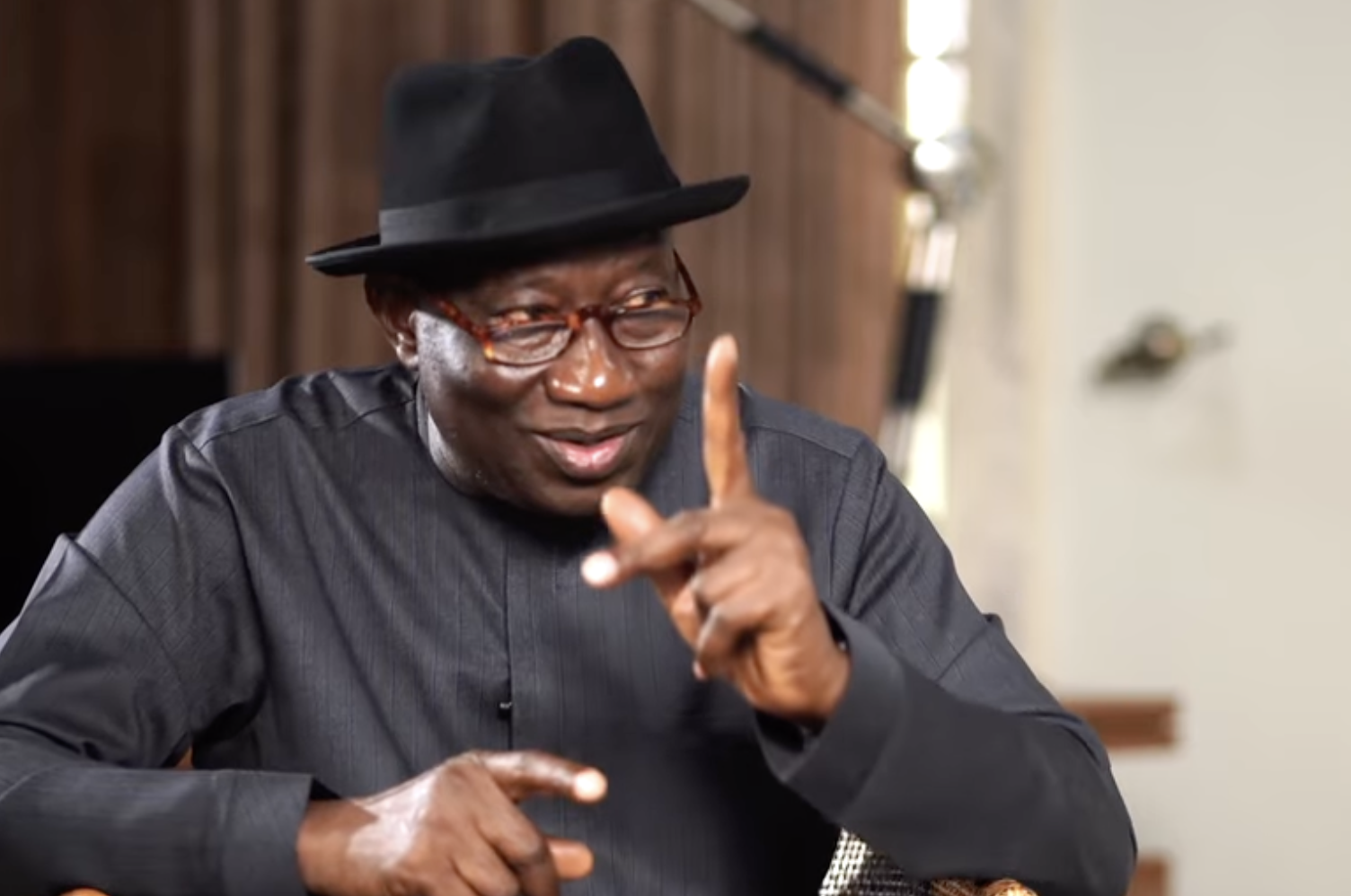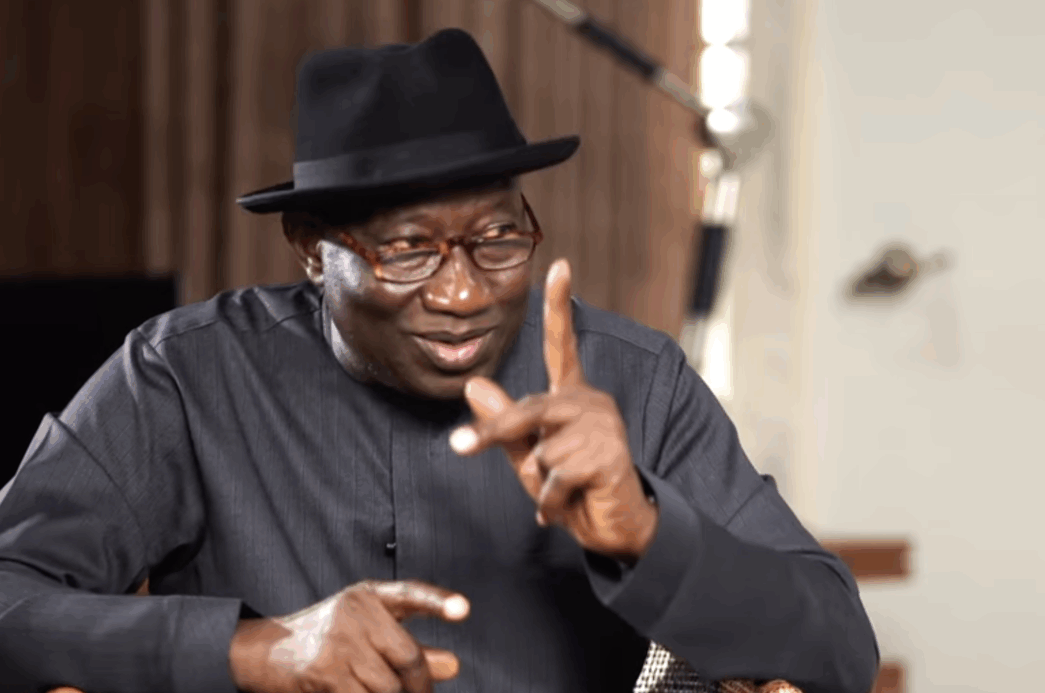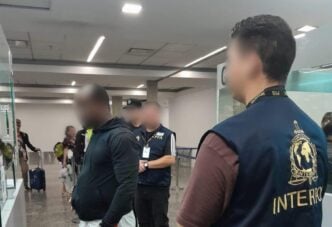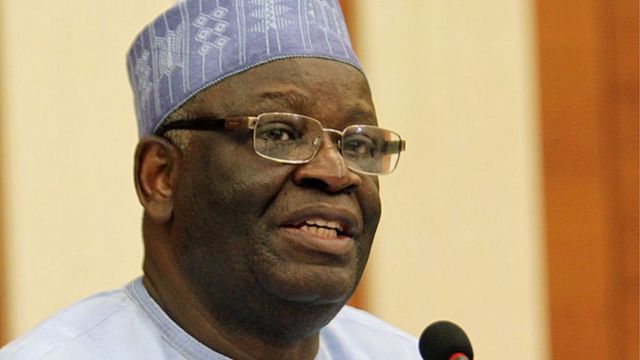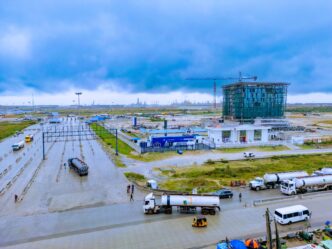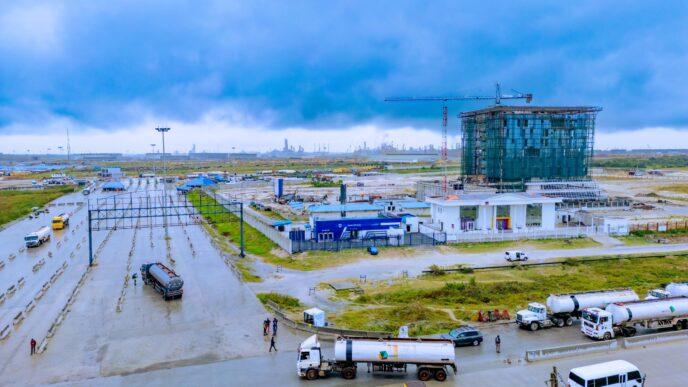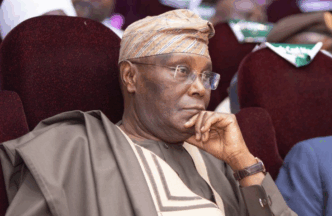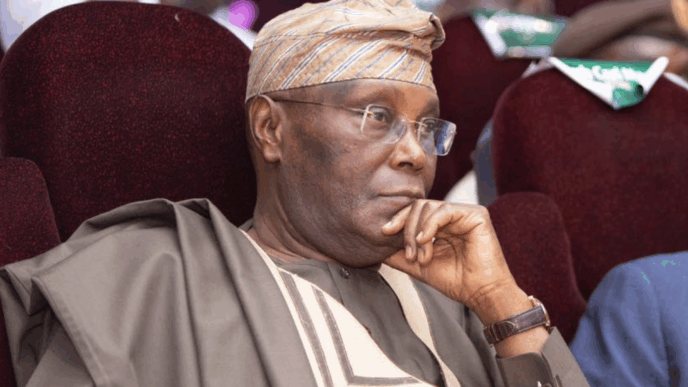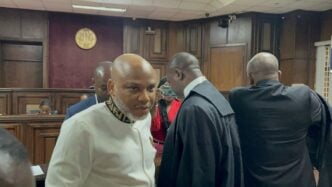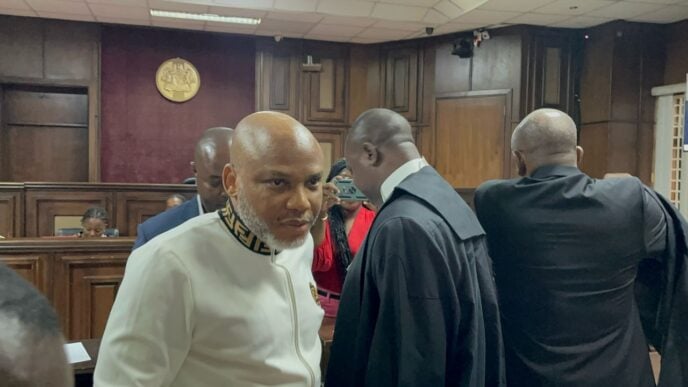Goodluck Jonathan
Oba Maduabuchi, a senior advocate of Nigeria (SAN), has described the suit filed at the federal high court in Abuja seeking to stop former President Goodluck Jonathan from contesting in 2027 as “a waste of judicial time”.
On Monday, Johnmary Jideobi, a lawyer, filed a suit seeking to stop Jonathan from contesting the 2027 presidential election.
However, speaking on Tuesday during an interview on Arise TV’s Morning Show, Maduabuchi said the case amounted to “an abuse of court process”, noting that Jonathan’s qualification to contest had already been settled by a court of competent jurisdiction.
“An abuse of court process is when you want to relitigate a case or an issue that has already been settled by a court of competent jurisdiction,” he said.
Advertisement
He added that Jonathan’s eligibility had been determined by a federal high court in Yenagoa, the capital of Bayelsa, reiterating that the judgement remains valid until overturned by a higher court.
“Since nobody has taken that issue on appeal, until that judgement is set aside, it remains what the law is,” he said.
The senior lawyer said any party attempting to bring the same matter before another court of equal status is “abusing the process of the court” and acting like “a busybody”.
Advertisement
Maduabuchi stressed that the law applicable to any case is the one in force “when the act in issue was done,” questioning whether section 137(3) of the constitution existed in 2010 when Jonathan first took the oath of office.
“The law only came into effect in 2018, and when Goodluck Jonathan was taking the oath of office, there was no statutory limitation which could inhibit him from running his constitutionally guaranteed two terms,” he said.
He argued that since Jonathan did not take any oath after the 2018 amendment, applying a later law retroactively would be unconstitutional.
Maduabuchi compared the situation to a change in the retirement age of judges from 65 to 70, noting that a judge who retired before the change “cannot sue to be reinstated under the new law”.
Advertisement
He maintained that “law demands certainty”, insisting that “in 2010 and 2011, when Goodluck Jonathan swore the oath, section 137(3) was not in existence and therefore not binding on him”.
According to him, no “pyrotechnic argument” can “breathe existence into a law that did not exist”.
He also cited a previous court of appeal ruling affirming Jonathan’s right to contest, stressing that no law can be applied retrospectively to disqualify him.
Advertisement
